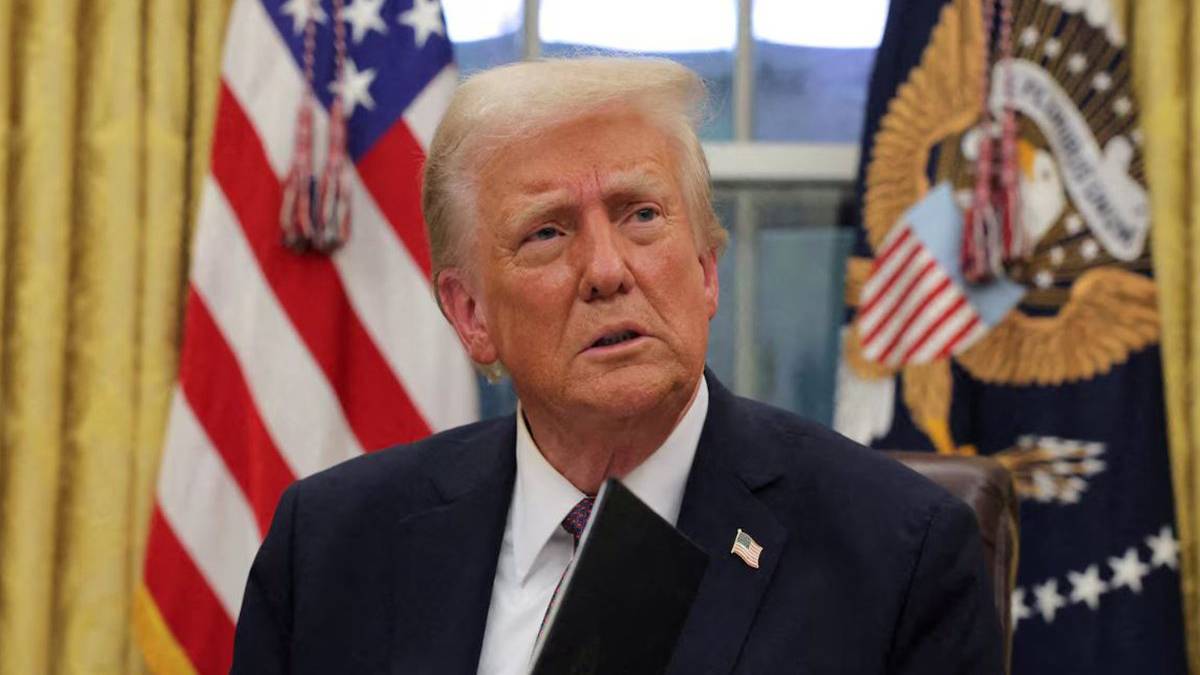U.S. President Donald Trump is holding off on a final decision regarding direct U.S. involvement in the ongoing conflict between Israel and Iran, with a verdict expected within the next two weeks, the White House confirmed on Thursday.
White House Press Secretary Karoline Leavitt, speaking at a press briefing, conveyed Trump’s message amid growing speculation about potential U.S. military action.
“Based on the fact that there’s a substantial chance of negotiations that may or may not take place with Iran in the near future, I will make my decision whether or not to go within the next two weeks,” she quoted the President as saying.
Leavitt confirmed that communication between Washington and Tehran continues, though she did not clarify whether these were direct talks or conducted via intermediaries.
Reiterating the U.S. administration’s stance, she stated that any diplomatic deal must include “no enrichment of uranium” and ensure Iran is prevented from acquiring nuclear weapons.
When asked directly about military action, Trump remained ambiguous: “I may do it, I may not do it. I mean, nobody knows what I’m going to do,” he said. “Iran’s got a lot of trouble. They want to negotiate. I say, why didn’t you negotiate with me before all this death and destruction?”
The conflict between Israel and Iran dramatically escalated on June 13, when Israel launched airstrikes on key Iranian targets, including state television facilities. Iran responded with ballistic missile attacks, striking Israeli military and strategic sites, including the Haifa oil refinery.
In the days since, both sides have exchanged further strikes, pushing the region closer to the brink of a broader war.
According to Al Jazeera analysis, Iran is facing increasing pressure after losing crucial allies. The Lebanese militant group Hezbollah, once a key deterrent force, has been weakened following last year’s war with Israel. Additionally, Iran lost a strategic foothold after Syrian President Bashar al-Assad was overthrown in December 2024.
Experts warn that Iran may retaliate economically by threatening maritime traffic in the Strait of Hormuz, a vital shipping lane for global oil trade. Any disruption there could lead to spiking oil prices and widespread economic consequences.
As diplomatic channels remain cautiously open, all eyes are now on Trump’s next move — one that could significantly reshape both Middle Eastern dynamics and global stability.





